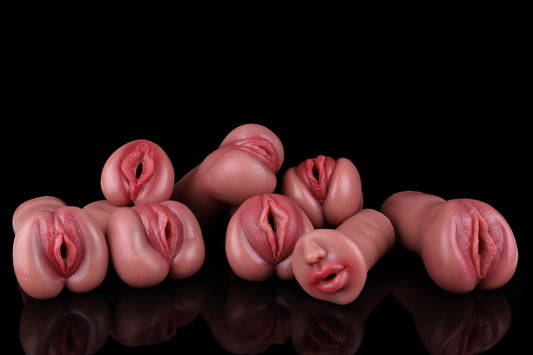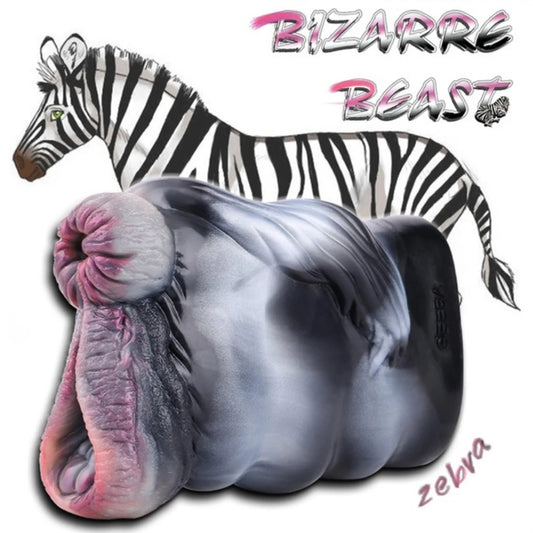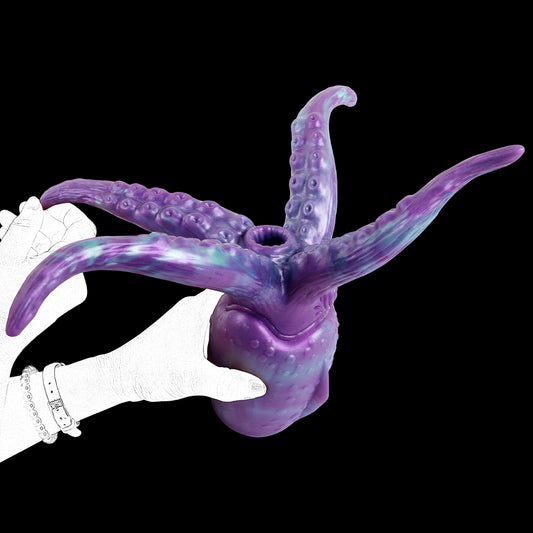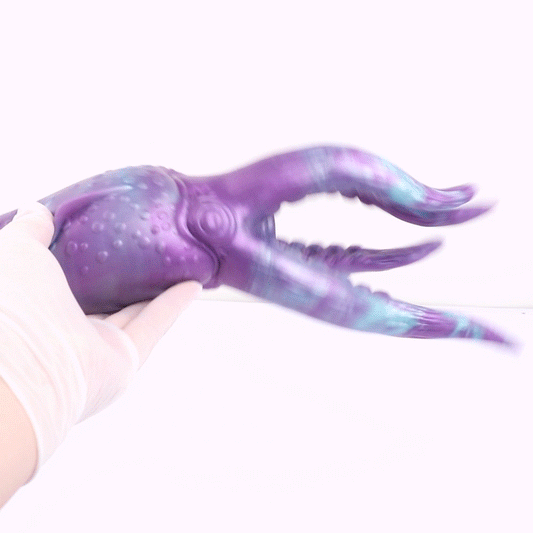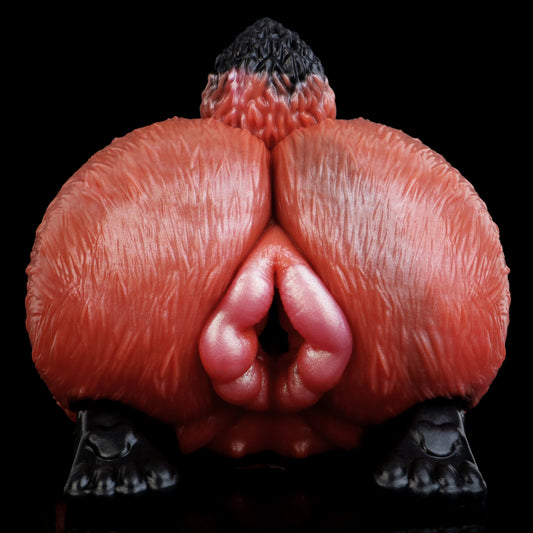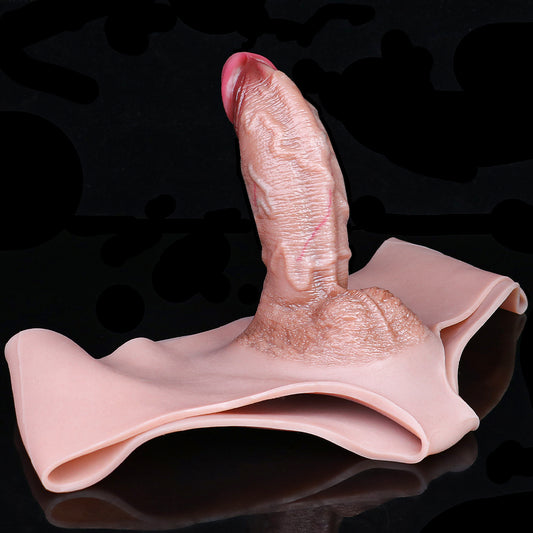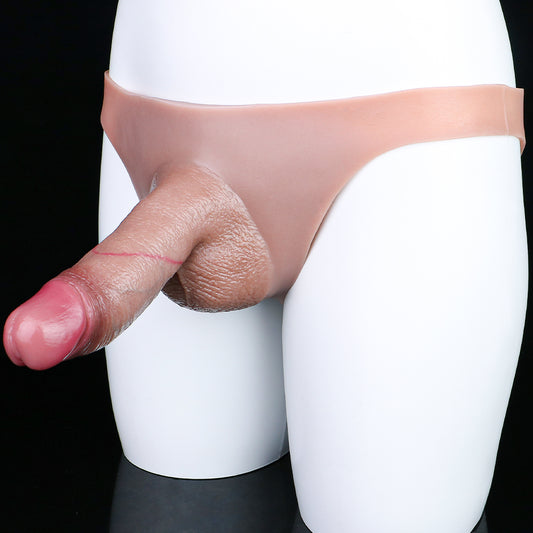Why “Bitch”?
Let’s talk about the origin of this term that’s often used as an insult or to shame someone.
Many people enjoy using the term “bitch” in BDSM dirty talk to humiliate the submissive partner.
I'm sure many have encountered this offensive term.
But have you ever thought about why “bitch” has become such a widely used derogatory term, rather than alternatives like “cat,” “hen,” or “mare”?
Historically, there are many examples of using “dog” as an insult, and this understanding spans both Eastern and Western cultures.
In English, the term “bitch,” which is often translated as “whore,” originally comes from “bicce,” literally meaning female dog.
This is because, in ancient times, among the six main domesticated animals, pigs, cows, chickens, and ducks were considered property, even precious resources.
Dogs, on the other hand, were primarily used for guarding and performing low-status tasks, leading to a cultural tradition of viewing dogs as inferior, thus making “dog” a common insult.
However, “bitch” is different because it adds a gender element.
It’s not just about being lowly; it’s also linked to notions of “sexual promiscuity” and “shamelessness.”
Why is that?
To understand this connection, we must first discuss another term: “slut,” which is used to describe sexually promiscuous women.
Interestingly, the word “slut” wasn’t originally derogatory and didn’t exclusively refer to women.
In 1386, the English poet Geoffrey Chaucer used “sluttish” to describe “slovenly men.”

In England and Ireland, “sluts” referred to greasy rags used instead of candles.
For more on the history of “slut,” you can check out Leviathan’s piece on the “Dark History of Slut-Shaming,” but I won’t elaborate here.
A fascinating event in this word’s evolution occurred in the mid-17th century when Samuel Pepys, a notable diary writer and naval officer, mentioned “slut” in his diary.

His diary contained many insights into significant historical events, including the Great Plague of London and the Great Fire.
Coincidentally, he once affectionately wrote, “Our little daughter Susan is the most admirable slut, which brings us much joy.”
It’s important to note that at that time, “slut” didn’t have a clear derogatory meaning; it described someone hardworking and in a subordinate role.
People also referred to kitchen maids and female workers as “slut.”
The twist is that Samuel Pepys’s “little daughter Susan” was actually his pet dog.
Thus, for the first time, “slut” and “bitch” became intriguingly linked.
As history progressed, “slut” gradually acquired derogatory and shaming connotations.
In Shakespeare’s comedy “As You Like It,” “slut” began to be associated with “sexual impurity” and described lewd individuals.
Due to the widespread popularity of Pepys's diary, people began using slang to insult others, often skipping “slut” entirely and referring directly to “Little Bitch Susan” or simply “bitch.”
This phase was largely spontaneous and lacked clear definitions.
A hundred years later, Pepys’s descendant, Samuel Johnson, included “slut” in his dictionary, defining it explicitly as a derogatory term for “dirty women,” and he referenced “bitch” as a synonym.
From then on, the terms promiscuous woman, “slut,” and “bitch” became closely connected.
It’s worth noting that in Chinese context, dogs symbolize “loyalty,” “obedience,” and “following orders,” making this imagery particularly suitable for BDSM role-play. This is why “bitch” is especially favored in BDSM culture, where its shameful implications often overshadow its insulting connotations.
However, many people dislike this term, viewing it as disrespectful, and its use without prior agreement can easily lead to offense.
Additionally, “bitch” is a highly gendered insult, usually aimed at women, specifically those labeled as “promiscuous.” In contrast, there doesn’t seem to be an equivalent term for “inappropriate men.” Does “bitch” correspond to “stud” or “male slut”? Not quite.
Olga Khazan from The Atlantic wrote in an article titled “The Slut Doesn’t Exist” that these terms targeting women are linguistic tools used to regulate and establish hierarchies among women.
In 1995, Madonna stated in an interview, “I know what I want; if that makes me a bitch, then I am.”

Increasingly, anti-slut-shaming marches are being held worldwide to challenge the objectification of women.
So whether it’s “bitch,” “母狗” in Chinese (mother dog), or “slut,” these terms have evolved into a new phase today, warranting careful usage.
In specific contexts and with informed consent, they can enhance dirty talk; however, using them indiscriminately in public can lead to misunderstandings and conflicts.


